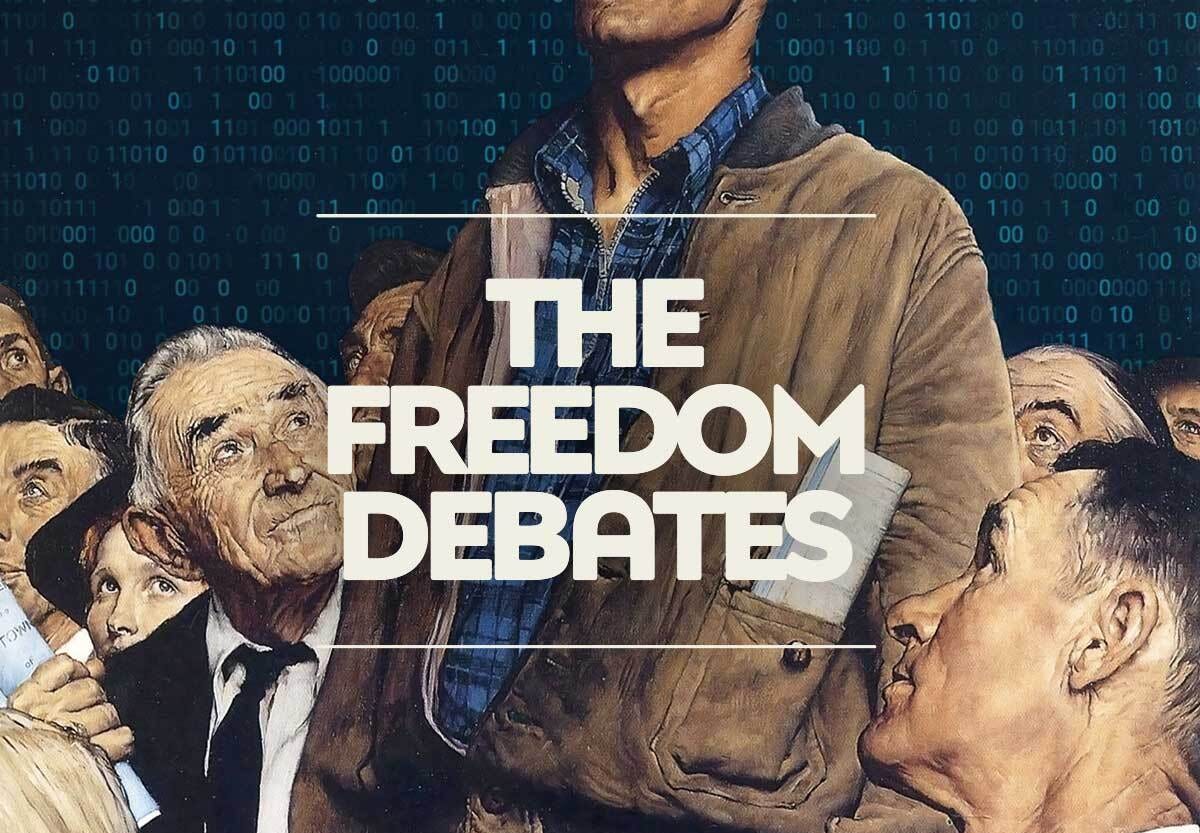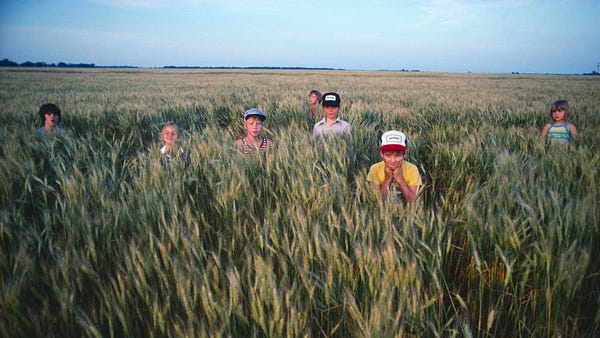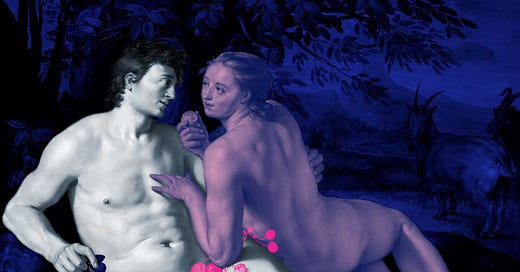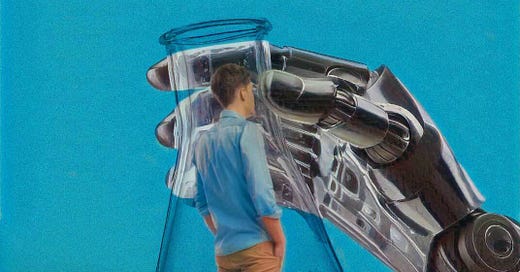
The songwriter, actor, country-western singer, musician, U.S. Army veteran, helicopter pilot, accomplished rugby player and boxer, Rhodes Scholar, Pomona College- and University of Oxford-degreed, and summa cum laude literature graduate Kris Kristofferson died last month at 88.
Americans may have known him best for writing smash hits like “Me and Bobby McGee” and “For the Good Times,” his wide-ranging, star acting roles in A Star Is Born (1976) and Pat Garrett and Billy the Kid (1973), his numerous solo albums, especially with then-spouse and singer Rita Coolidge, and the country group super-quartet The Highwaymen he formed with Johnny Cash, Waylon Jennings, and Willie Nelson.
In other words, Kristofferson was a rare Renaissance man who could do it all in an age of increasingly narrow specialization and expertise.
At certain times throughout history at particular locales, we have seen such singular people from all walks of life.
Classical Athens produced polymaths like Aristotle—tutor to Alexander the Great, logician, student of music, art, and literature, educator, think-tank founder, biologist, philosopher, and scientist. Later Greeks like Archimedes and Ptolemy, as men of action, mastered six or seven disciplines and applied their abstract knowledge in ways that made life easier for those around them.
The late Roman Republic was another cauldron of multitalented geniuses. It produced the brilliant stylist, historian, politician, and consummate general Julius Caesar as well as his republican archrival Cicero—politician, philosopher, orator, master stylist, lawyer, and provincial governor.
Turn-of-the-century Victorian Great Britain produced giants like Winston Churchill—prime minister, statesman, essayist, historian, orator, strategist, and wartime veteran. As Britain’s war leader, between May 10, 1940, and June 22, 1941, he, almost alone, resisted the Axis powers and prevented Adolf Hitler from winning World War II.
But we associate the idea of a Renaissance man mostly with Florence, Italy, between the fifteenth and sixteenth centuries. In that brief 100 years, the Florentine Republic hosted multitalented geniuses like Leonardo da Vinci—master painter, sculptor, architect, scientist, engineer, and inventor—best known for the Mona Lisa and The Last Supper.
The multifaceted talents of his younger contemporary Michelangelo were as astounding, whether defined by his iconic sculptures David and Pietà, his stunning painting on the ceiling of the Sistine Chapel, or as the master architect of the Vatican’s St. Peter’s Basilica.
The American Revolution was a similar cradle of Renaissance men. Thomas Jefferson was perhaps the most famous example of unchecked abstract and pragmatic genius displayed in almost every facet of late eighteenth– and early nineteenth-century life—main author of the Declaration of Independence, third U.S. president, founder of the University of Virginia, inventor, agronomist, architect, and diplomat.
But Benjamin Franklin may best approximate the model of the Florentine Renaissance holistic brilliance—journalist, publisher, printer, author, politician, diplomat, inventor, scientist, and philosopher.
Franklin’s life was one of perpetual motion and achievement. In one lifetime, he helped to draft the Constitution, invented the lightning rod and bifocals, founded the American postal service, and successfully won over European countries to the nascent American cause. Theodore Roosevelt—president, historian, essayist, conservationist, naturalist, combat veteran, battle leader, explorer, and cowboy—exemplified the idea of an American president as the master at almost everything else.
The history of our own contemporary Renaissance people often suggests that they are not fully appreciated until after their deaths—especially in the post–World War II era.
Why?













